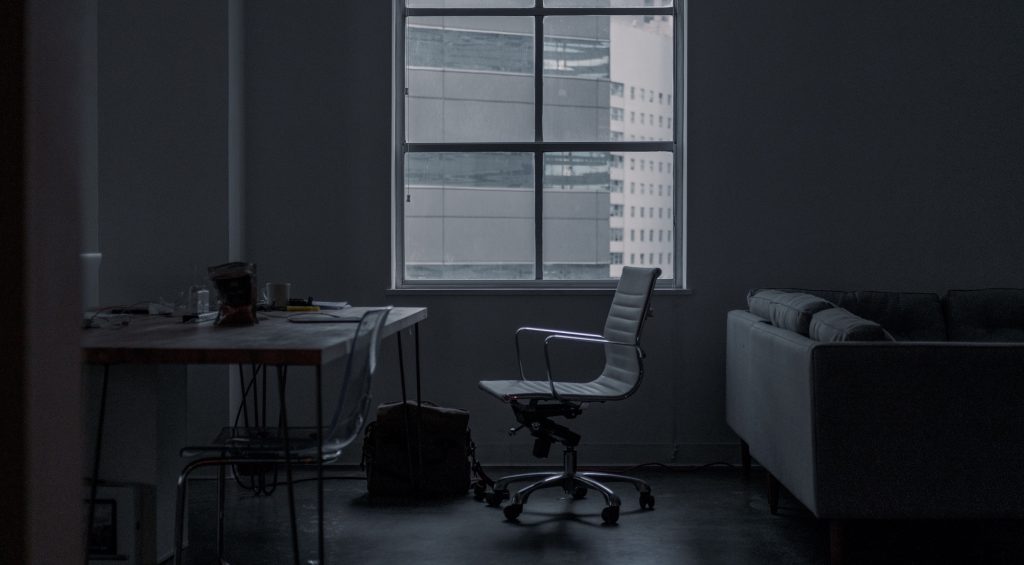Tips on Buying or Leasing New Heavy Equipment for Your Company.
Does your company need a new piece of heavy equipment for an upcoming job? If so, you are faced with the dilemma of lease vs buy. The fact is that with the state of today’s economy, leasing offers a number of very distinct equipment financing advantages; however, in order to make an educated decision it is beneficial to explore the advantages and disadvantages of each option. Ultimately the decision will come down to which option makes the most sense for your specific situation. Saving money on a purchase is easy when using the right auction house in your area. Here are some of the pros and cons associated with both of these buying methods.
Advantages of Buying
When you purchase a piece of heavy equipment you are able to take the reins and maintain control of what happens and what goes on with the equipment. Other advantages include:
- Buying offers lower interest rates that are quite appealing. Also, cash purchased eliminate interest, finance charges and service fees.
- You own the equipment and can control when it is used, traded or sold. It makes the equipment much more versatile.
- Taxes, repairs, insurance, interest and depreciation are all deductible.
Advantages of Leasing
When you lease new equipment it will allow you to remain current and have more capital in your business. Also, equipment leasing is often less expensive than buying outright, but this depends on the machine and financing terms. Other advantages of leasing heavy equipment include:
- When equipment is leased it allows you to plan the replacement cycles so the progression is an orderly one, rather than dictated by increasing maintenance costs and breakdowns.
- Provisions for flexible terms that may allow you to skip payments during slower months.
- Since your capital will not be tied up in the machine, it will not affect your credit line or borrowing power.
- The payments made for operating leases, which require the equipment is returned at the end of the leas, are able to be deducted as business expenses.
- Leasing is simply easier
Disadvantages of Buying
When you purchase heavy equipment outright, it will require a large down payment and higher monthly payments that will reduce the amount of working capital that you have. Additionally, buying means that:
- Liquid assets turn into fixed assets.
- You are responsible for contracting or providing service, maintenance, transportation and storage for the equipment.
- Extreme or hard use and minimal maintenance can deplete the actual trade-in value.
- The equipment can become obsolete when you own it.
Disadvantages of Leasing
The primary disadvantage of leasing heavy equipment is the risk of commitment. A long-term lease can be extremely difficult to break if you find you no longer need the machine. You may also be responsible for damage fees, personal property taxes and a significant insurance payment.
Exploring all of the equipment financing options when it comes to heavy equipment is the best way for you to make the right decision.

